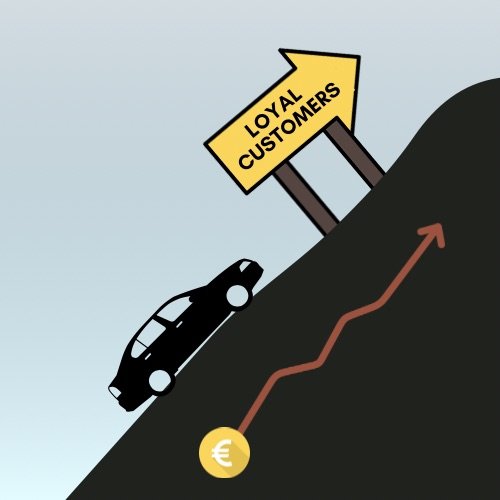Last year, I paid €594.11 for my motor insurance with Liberty Insurance. This year, I received my renewal quote and was shocked to see the price had jumped to €931.50. Concerned about the significant increase, I decided to go online and request a fresh quote from Liberty Insurance’s website. To my surprise, the online quote I received was €747.38. Are Insurance Companies Still Price Walking Customers? A Closer Look at My Experience
All three quotes—last year’s, the renewal, and the new online quote—were from Liberty Insurance, which raises the question: Are insurance companies still engaging in the practice of price walking?
Understanding Price Walking
Price walking, also known as dual pricing or loyalty penalty, occurs when insurers increase premiums for existing customers year on year, while offering lower rates to new customers. This practice often punishes loyal customers who renew their policies without shopping around for better deals.
My Experience with Liberty Insurance
To illustrate this potential price walking, here are the details of my quotes from Liberty Insurance:
- Last Year’s Premium: €594.11
- Renewal Quote: €931.50
- New Online Quote: €747.38
The stark difference between these amounts suggests that Liberty Insurance, despite being the same company providing all the quotes, is still implementing price walking tactics. The renewal quote was significantly higher than both the previous year’s premium and the new online quote, indicating that loyalty is being penalized rather than rewarded.
Why This Matters
The practice of price walking can have serious implications for consumers:
- Unfair Treatment: Long-term customers who don’t shop around are unfairly charged higher premiums.
- Lack of Transparency: Customers may not be aware that they can get a better deal simply by getting a new quote from the same insurer.
- Financial Impact: Over time, the financial burden on consumers can be significant, particularly for those who assume their renewal quote is the best available option.
What Can Consumers Do?
To avoid falling victim to price walking, consumers can take the following steps:
- Shop Around: Always compare quotes from different insurers before renewing your policy.
- Request New Quotes: Even if you plan to stay with your current insurer, request a new online quote to check for better rates.
- Negotiate: Contact your insurer with the lower quote and ask if they can match it or offer a better rate.
- Stay Informed: Be aware of your rights and the regulations around insurance pricing in your country.
Are Insurers Listening?
The issue of price walking has been widely criticized and is under scrutiny by regulators. However, my recent experience with Liberty Insurance indicates that price walking may still be a prevalent issue. The significant discrepancies between my renewal quote and the new online quote suggest that insurers might continue to rely on this practice, counting on customer inertia.
Conclusion
My experience with Liberty Insurance has raised important questions about the ongoing practice of price walking in the insurance industry. Despite regulatory efforts to curb this behavior, it appears that insurers may still be penalizing loyal customers with higher renewal premiums. As consumers, we must remain vigilant, shop around, and advocate for fairer pricing practices.
Are Insurance Companies Still Price Walking Customers?
This year’s renewal process has left me questioning whether insurance companies like Liberty are genuinely committed to fair pricing. Given the significant differences in quotes, it’s worth asking: Are they doing this? Are insurers still price walking customers despite regulatory efforts to stop this practice? My experience suggests that they might be
Are Insurance Companies Still Price Walking Customers? A Closer Look at My Experience

